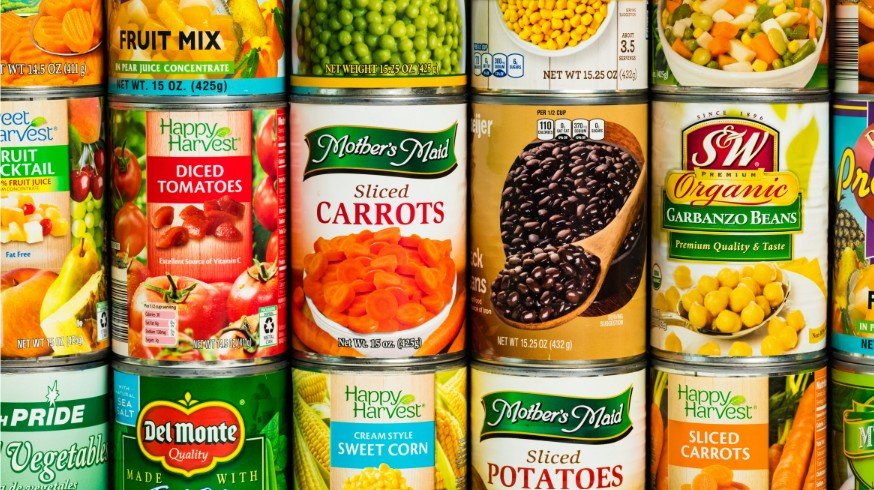Emergency Food Stocks
The Oregon Coast can be susceptible to a variety of natural disasters, which could cause us to be cut off from food, water and power for extended periods. Having enough food and water to last for at least 30 days is an important part of preparing for emergencies.
What food should I store?
Long lasting food that doesn’t need to be cooked is the best choice. For example, canned beans, veggies, tuna and chicken and even soups. You can eat these items without heating them. Also, have things like protein bars, granola bars, jerky, nuts, crackers, etc. in your stash. If you have babies or pets, or people with special dietary needs, you’ll need to plan for them. You can also store dried foods (beans, rice, pasta, etc.) and Freeze Dried foods – these will need to be cooked however. You’ll also need water and heat. Be sure to include foods your family likes to eat, and things like salt, pepper and dried herbs and spices. Don’t forget to include some comfort foods – chocolate, peanut butter, cookies, and other items that you and your family enjoy eating.
How much?
Store enough food to supply you and family members and any pets for 30 days. There is a handy guide to help you figure this out on our website in the Food Section.
What food is safe after a disaster?
Even if you have access to your home after a disaster, the power will most likely not be on or available for some time. Food in a refrigerator will stay safe for about four hours if you keep the door closed. Foods in the freezer will stay safe for about 24 hours. If you can access your refrigerator safely, and it has been less than four hours, eat that food first, then use up the food in the freezer. Most shelf stable foods will be safe indefinitely if cans or packages are
not damaged. Just use your eyes and nose – if it looks slimy or smells funny, don’t eat it!
How will I cook without power?
To cook, you’ll need a heat source and some cooking gear – a pot and utensils for example. You may need water too. You can use a gas grill, a small camp stove or campfire – these methods must be done outside. Pro Tip- you should store mostly foods that don’t need to be cooked. Then if you can’t cook, you can still eat! Check out these recipes from our Top Emergency Chef Contest – the chefs could not use heat or water to prepare their delicious creations.
Be sure to check out our Food Planning Section on our website for lots of useful information on how to have adequate food supplies on hand.

